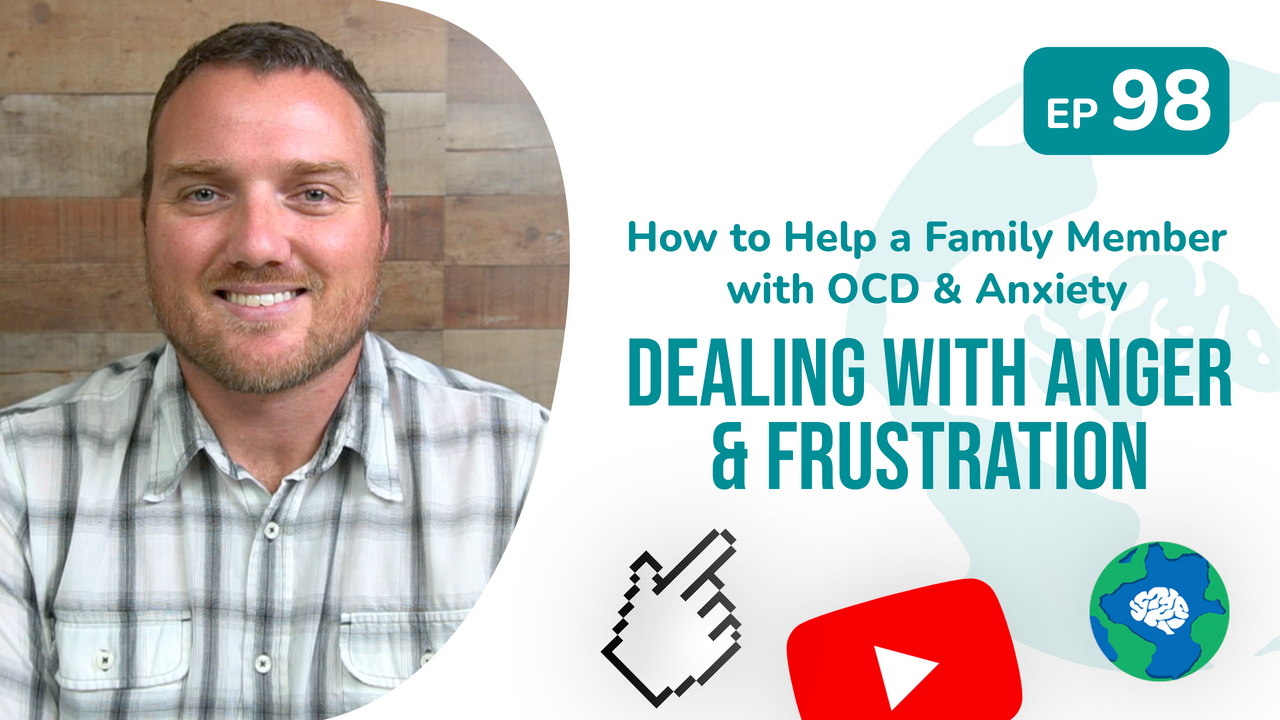How to help a family member with OCD & Anxiety | Dealing with Anger and Frustration
Jul 07, 2021
How to Help a Family Member with OCD & Anxiety: Dealing with Anger and Frustration
Understanding the Family Impact of OCD and Anxiety
OCD and anxiety aren't just individual issues; they ripple through the entire family. As Matt Cottey, a licensed clinical social worker and founder of Restored Minds, explains, "if our goal really is recovery, it's about healing as a family unit, not just the individual." In his video series, he stresses that everyone in the family must take responsibility for their roles in the healing process.
Step 1: Take Care of Yourself
One of the first steps discussed by Matt is prioritizing your own well-being as a family member. It's essential to ensure your emotional and mental health are balanced because "your cup's just going to run dry" if you over-prioritize your loved one’s needs at the expense of your own.
Step 2: Avoid Giving Reassurance
In previous episodes, Matt discussed the detrimental effect of giving reassurance to individuals with OCD and anxiety. He likens it to giving a drug that provides short-term relief but keeps them sick in the long run.
Step 3: Dealing With Anger and Frustration
So what happens when the person you're trying to help becomes angry or frustrated? Understand that these heightened emotions are natural. They are part of the distress that arises when someone with OCD or anxiety faces their triggers.
Tactic 1: Remind Them of the Context
When emotions run high, it's essential to remind your loved one why you're not giving them reassurance. As Matt says, "One of the best things to do is remind the person of the context—why are we doing what we're doing here?" Remind them of the larger goal: long-term recovery.
Tactic 2: Align With Long-Term Goals
Both the family and the individual must align with the goal of long-term recovery. Ask yourselves what OCD and anxiety have taken away from your lives. Whether it's impacting jobs, relationships, or general happiness, the disruption is significant. By grounding yourselves in this larger context, you can better tolerate the short-term discomfort for long-term success.
Step 4: Managing Extreme Reactions
There will be times when a loved one reacts more intensely, perhaps even aggressively. It's crucial to assess the situation and sometimes "pick your battles." Remember that ultimately, the person with OCD needs to take responsibility for their recovery. However, "if it ever becomes a dangerous situation," it might be best to gauge what step to take for everyone's safety.
Step 5: Education & Family Support Programs
Education is the foundation for understanding OCD and anxiety better. Matt references his "Taking Back Control" boot camp and 90-day program that families can go through together. These resources can offer the much-needed education and support to navigate this challenging journey.
Conclusion
In dealing with OCD and anxiety within the family, always come back to the overarching context. Remember, "OCD is the real villain here." Aligning as a family to fight this common enemy and not each other is crucial.


